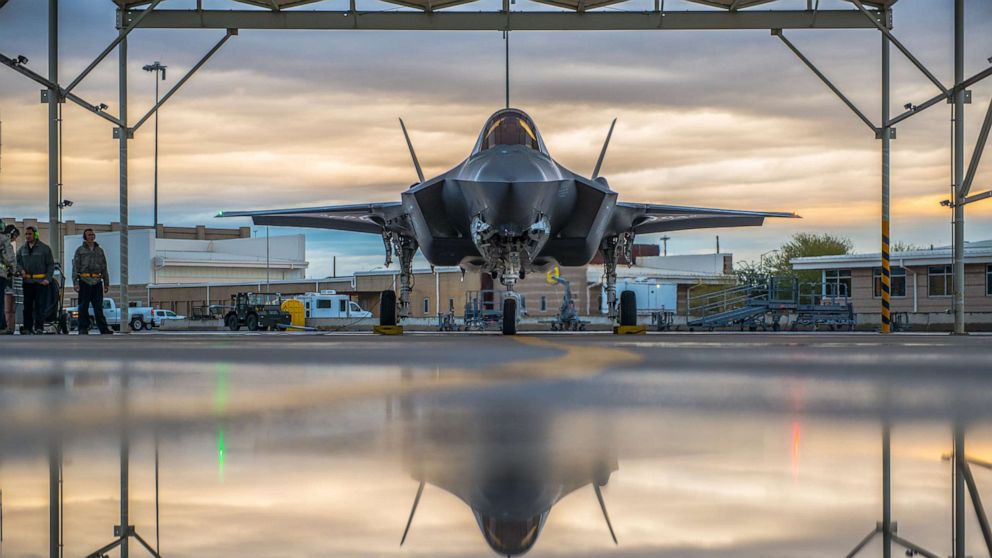Pentagon warns Turkey it won't receive F-35 if it buys Russian missiles
The Pentagon has warned Turkey that it has until July 31 to not purchase the Russian-made S-400 air defense missile system or the NATO ally will no longer be allowed to buy the sophisticated F-35 fighter or participate in any aspects of the program.
The move is the latest escalation in a high-stakes war of wills between the two NATO allies over whether Turkey should purchase a Russian weapons system that U.S. officials say is "incompatible" with America's most sophisticated stealth fighter.
"While we seek to maintain our valued relationship, Turkey will not receive the F-35 if Turkey takes delivery of the S-400, "Acting Defense Secretary Patrick Shanahan wrote in a letter Thursday to Turkish Defense Minister Hulusi Akar. "You still have the option to change course on the S-400,"
Shanahan warned Akar that the United States has developed a plan to discontinue Turkey's participation in the F-35 program by July 31 if it does not reverse its decision to purchase the S-400 missile system. The Russian system is believed to have a longer range and improved detection capabilities than American missile defense air systems.
The United States wants Turkey to purchase American-made Patriot anti-missile systems instead of the Russian-made S-400's. But Turkish leaders have been adamant that they prefer the Russian missile system that they say is markedly better than the American system.
But U.S. officials are most concerned that Russia could use the anti-missile system to pinpoint the stealth fighter's capabilities and potential vulnerabilities, particularly a radar profile that could make the stealth fighter detectable. Those concerns are why U.S. officials have said that the two systems are "incompatible".
"We do not want to have the F-35 in close proximity to the S-400 over a period of time because of the ability to understand the profile of the F-35 on that particular piece of equipment," Ellen Lord, the Under Secretary of Defense for Acquisition and Sustainment told reporters on Friday.
In addition to not delivering the four F-35 aircraft that Turkey has already purchased Shanahan said no additional Turkish pilots would be trained in the United States past July 31. By that date, many Turkish pilots who have been training at Luke Air Force Base in Arizona will have completed their courses prior to departing the United States.
The U.S. decision could also have an economic impact inside Turkey where more than 900 parts found inside the F-35 are built, as part of the original international consortium agreement for American allies to develop the F-35.
About 400 of those parts, found in the aircraft's landing gear and central fuselage, are exclusively made by Turkish manufacturers.
Lord said the Pentagon is already looking to make arrangements to find alternate production facilities in other countries by early 2020.
The Pentagon position seems to have been hardened by the recent acknowledgment by Turkey that it had already sent military personnel to Russia to train on the S-400 systems.




